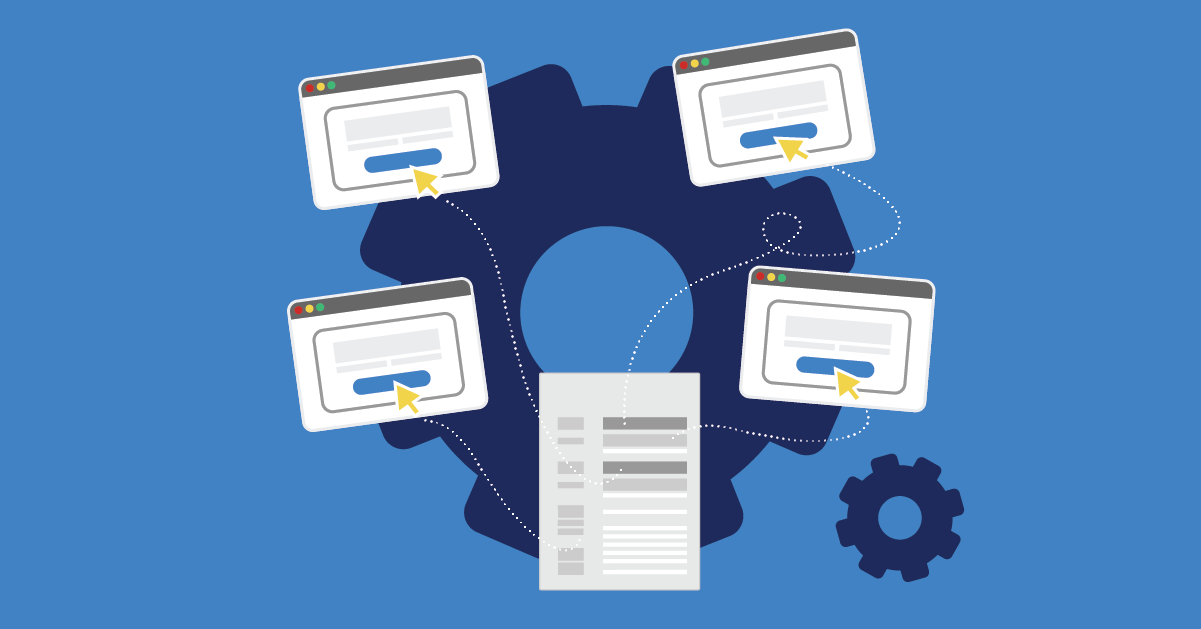Author: Deborah Szajngarten, Vice President of Marketing at JobTarget
The pandemic-fueled adoption of remote work has forever changed the workforce – gone are the days when job applicants overlook long commutes and rigid office hours. Candidates want more flexibility. According to Monster's Future of Work 2022, Remote jobs remain the number one search performed on Monster.com, and today's seekers are in a powerful position.
What does this mean for job recruitment?
If your organization has the flexibility to hire employees that can work remotely, it certainly helps you attract a broader candidate pool. At JobTarget, we see thousands of job postings each day across many industries – with our data showing that remote jobs consistently get more clicks and applications. Job postings with “remote” in the job title generate approximately 0.8x more clicks and 1.6x more applicants than roles that don’t mention “remote.”
By simply adding “remote” in your job title, your ad reaps the benefits of organic search. If a candidate searches a job board for “customer service manager, remote” your job is likely to appear in their search.
Navigating job boards posting variations
Individual job boards handle the listing and categorization of remote roles differently. Many require you to post a specific location to successfully post the job you wish to advertise and do not give a remote-specific location option.
For example, while your company may be based in Denver, Colorado, the location for your open positions may be flexible and available to a national pool of candidates – yet specific job boards require you to add “Denver, Colorado” in the location field.
You can circumvent this location limitation by adding “remote” into the job title itself, which indicates to the job seeker that they can work remotely even if the company is in another city or state. The job description can then be used to further explain to the job seeker the location flexibility of the role.
Conversely, some job boards will list your job as 100% remote unless you specifically state that it is hybrid.
JobTarget finds that job ad performance improves when “remote” is added to the job title within the following industries:
-
Customer Service (6x higher clicks and 5x higher applicants)
-
Research (5x higher clicks and 6x higher applicants)
-
Sales (2.1x more clicks and 3.2x more applicants)
Hybrid vs Remote
With more than 43% of employers looking to hybrid work as the future, the distinction between hybrid and remote in a job listing is critical. When your role is truly remote—meaning the candidate can perform the job function outside of the office environment 100% of the time, adding “remote” to the title and description of a job posting can be incredibly beneficial to your advertising strategy.
However, if the role does require in-office time— even if that is only once a month—it is more accurate to advertise it as a hybrid role. This distinction can significantly impact a job seeker's decision to apply because they must consider commuting time and costs, among other things. Be upfront about a role’s needs and expectations in the job description to avoid wasting anyone’s time – including your own.
Additionally, if your company is open to remote work but wants employees to work during the business hours of a specific time zone, clearly state that in the job description. For a California-based candidate, working Eastern business hours means starting their workday at 6 a.m. If you are not clear and accurate with your role categorization in the job description, you can mislead candidates during the process and sour the perception of your employer brand.
As a recruiter, you will improve the quality and efficiency of your job ads by being forthcoming about expectations from the get-go.
Scaling your job advertising budget
On job boards that charge you based on a pay-per-click model, you can expand the advertising range to include a national search, so that you will reach a much wider pool of candidates – but expect to increase your budget to accommodate the wider geographic area on job boards that charge based on a pay-per-click (PPC) model.
At JobTarget, we find that posting a job as remote needs an additional spend of approximately 0.5x to get a click and about 0.1x additional spend to get an applicant.
JobTarget finds that the following categories offer the most efficient spend:
-
General Business (0.4x less spend per click and 0.6x less spend per applicant)
-
Sales (CPC increased 17% but CPA decreased 14%)
-
Research (0.2x less spend per click and 0.3x less spend per applicant)
Multi-city job advertisements
What about posting jobs to multiple cities or targeting specific geographies for roles that are essentially “work from home” positions?
Selecting major cities and metropolitan areas may allow you to focus on targeted geographies, but it can also:
-
Cost more advertising dollars
-
Deliver a smaller candidate pool in competitive city markets
-
Miss viable candidates that don’t live immediately within the targeted areas
A broader, nationwide ad target will afford you more chances to reach candidates and be more cost-effective.
Download Your Remote Jobs Infographic
If you would like to learn more about how to advertise best and promote remote and hybrid roles, JobTarget has a team of consultants ready to help. You can reach out here to book time with one of our experts.
Remote Jobs Infographic




